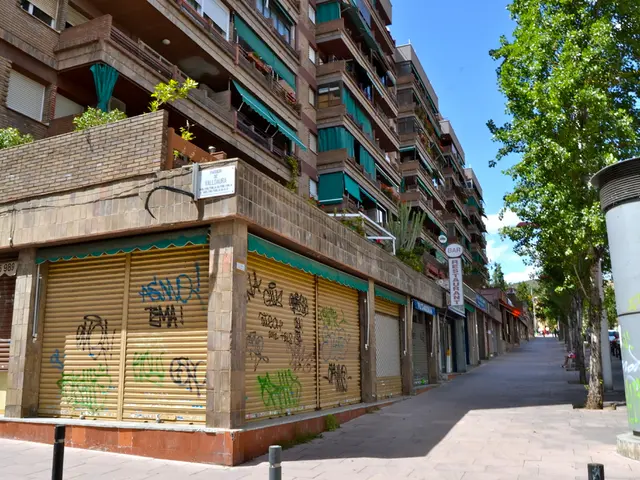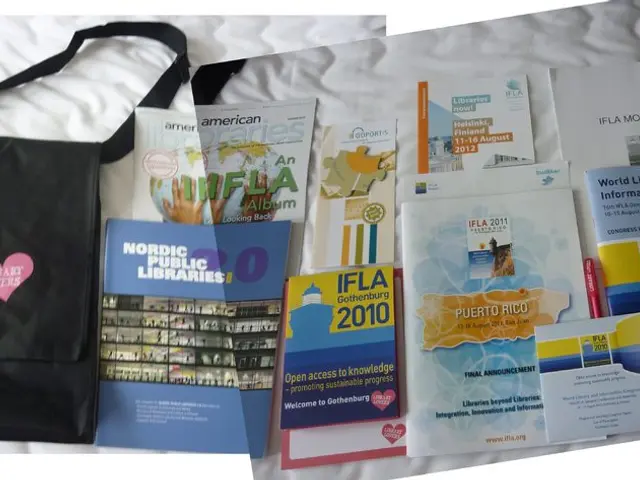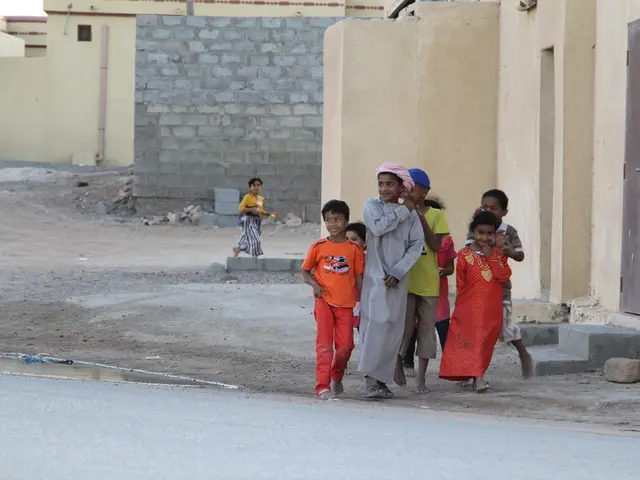Indigenous Coffee Cultivators of Barangay Tibolo: A Deep Dive into Local Agriculture
In the heart of Davao del Sur, the Bagobo-Tagabawa community has found a unique way to preserve their rich culture and traditions while providing a sustainable livelihood for their people. The Bagobo-Tagabawa farm, nestled in Barangay Tibolo, has become a destination for city coffee tours, offering visitors a taste of the care, culture, and stories behind every bean.
The farm, a living tradition, is home to the Tibolo Farm Workers Association (TIFWA), founded in 2017 with 69 members and now growing to 248. The association provides a platform for shared labor and a deep love for coffee within the community. Jeciry Antic, TIFWA's spokesperson and marketing manager, emphasizes the importance of coffee and the vision for sustainable growth.
Remedios Pandia, an Indigenous coffee farmer with over 30 years of experience, shares that coffee is very important to them as they have nothing else to serve their guests. For the Bagobo-Tagabawa community, coffee is not just a drink but their primary source of income, as she puts it, "Mao ni among source of income, diri gyud mi manginabuhi sa kape."
The Bagobo-Tagabawa farmers cultivate Robusta coffee beans on 100 hectares of fertile soil in Sitio Basak. Visitors to the farm can handpick ripe cherries, hear the farmers' stories, and taste coffee brewed right at its source. The experience goes beyond tasting coffee; it's a journey into the heart of the Bagobo-Tagabawa culture.
Social media has played a significant role in amplifying the story of the Bagobo-Tagabawa community, connecting them to a wider audience and opening doors to new opportunities. The use of social media has increased the appreciation for native coffee among the younger generation, with celebrities on Facebook and YouTube contributing to its popularity.
Moreover, social media has empowered women in TIFWA, providing a platform for them to share their stories and promote their culture. The most important representatives of TIFWA in recent years include community leaders and activists such as Maria Tibolo and Ana Lopez, who have been prominent advocates for farm workers' rights.
Antic highlights the potential of technology to strengthen production and ensure annual fruit-bearing of the coffee. She emphasizes the empowering effect of social media on women in TIFWA, stating, "Tungod sa social media na empower mi samot mga women sa TIFWA."
Each coffee cherry from Sitio Basak carries dreams, resilience, and a generation of culture. The Bagobo-Tagabawa continue to nurture their land and their craft, brewing not just coffee but the legacy of their people for generations to come. The farm is more than just a coffee plantation; it's a testament to the resilience and spirit of the Bagobo-Tagabawa people.








